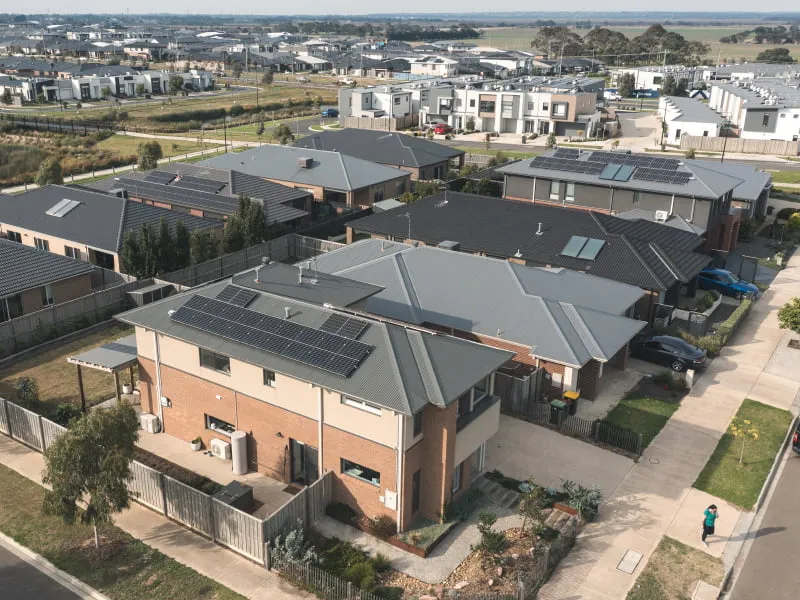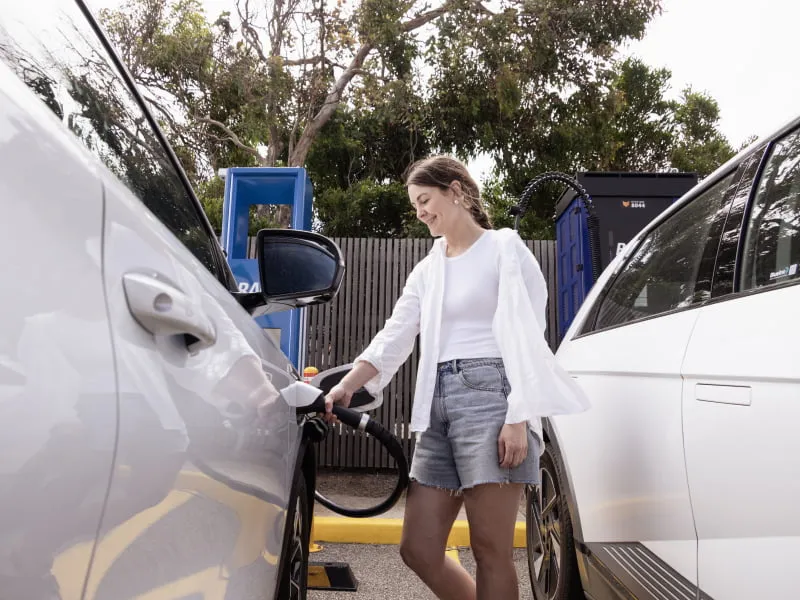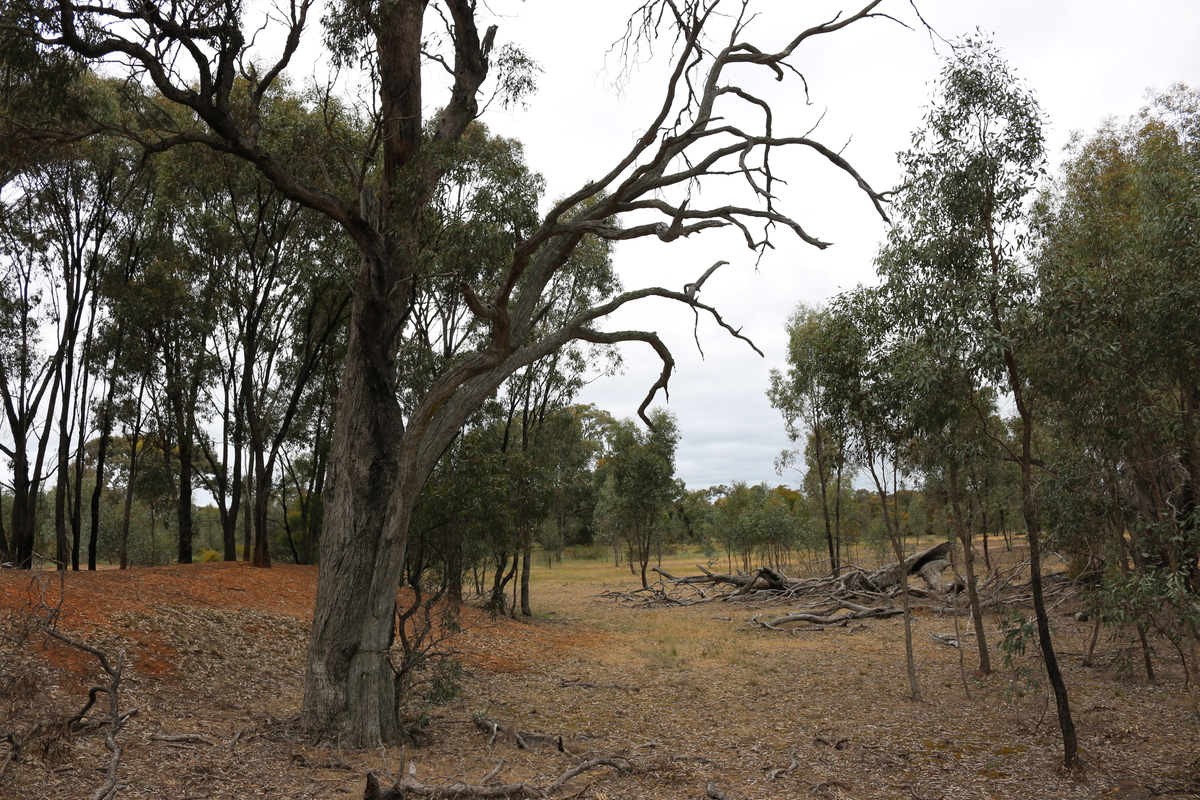January 26 is the International Day of Clean Energy. Learn how Bank Australia is investing in the clean energy transition and assisting customers to lower their energy usage and emissions in service of a safer and more just future.
Our reliance on burning fossil fuels for energy is one of the key driving forces of the climate crisis. In Australia, energy – specifically burning fossil fuels to create electricity – makes up for over 30% of our total emissions.
The good news? We have an abundance of clean, renewable energy sources all around us – from the sun to the wind, water, and heat from the earth itself. These sources are replenished by nature, and generally emit little to no emissions once built. With renewables now accounting for almost 40% of Australia's electricity use, the clean energy transition is well and truly underway.
As a customer-owned bank we know climate action matters to our community, and we’re determined to use our resources to help build a greener, more sustainable future. It’s why we’ve committed to net zero by 2035 across our operations and portfolio, the most ambitious target of any Australian bank. In practice, this means not only minimising our own carbon footprint, but also empowering our customers to transition to a just and inclusive low-emissions future, with clean energy at the heart.
Here are three ways we are taking action to accelerate the clean energy transition.

1. We’ve created an award-winning Clean Energy Home Loan
Our products are helping our personal customers lower their emissions through clean energy – one home at a time. In Australia, residential buildings are responsible for around a quarter of overall electricity use and around 10% of total carbon emissions. That’s why we created our award-winning Clean Energy Home Loan, which rewards customers who have bought, built or renovated their way to a green home with a reduced interest rate.
These eco-friendly home choices include things like installing solar panels, batteries and energy-efficient appliances and upgrading insulation. “We’re incredibly proud that our Clean Energy Home Loan has helped more than 440 Australian households to slash their energy emissions,” says Jane Kern Bank Australia's Head of Impact Management. (Note: In late 2024, we upgraded the criteria on our Clean Energy Home Loans – now, all eligible homes must have all-electric fixed appliances.)
While some of these changes can help households save money on their energy bills over time, ambitious eco-upgrades require financial investment up front. That’s why we also offer our ‘Eco Pause’ feature, which lets customers take a break from their mortgage repayments for three months (or halve them for six) and redirect their money to eco-upgrades. “We want to make sure that transitioning to clean energy is financially feasible for our customers,” says Jane. “A just transition means making the journey accessible for as many people as we can.”

2. Our ‘clean money’ promise
We’re guided by a clean money promise, underpinned by our responsible banking policy. This includes over $440 million invested in green, social and sustainable bonds, 36% of which are allocated to clean energy and water projects.
Our responsible banking policy also guides what we don’t invest in – like the harmful coal, oil and gas-related industries.
“We believe the financial sector can be a powerful force for good in the fight against climate change,” says Jane. “Our net zero by 2035 target and what we do and don’t invest in reflect the urgent need to transition away from fossil fuels.

3. We’ve stopped new lending for new fossil fuel cars
Did you know that the transport sector accounts for around one fifth of Australia’s emissions, and is projected to be the country’s largest source of emissions by 2030? Of that fifth, personal and commercial light passenger vehicles make up about 62% of the emissions.
If we want to reduce those emissions, we need to replace fossil-fuel powered vehicles with cleaner, lower-emitting alternatives. That’s why we’ve made the decision to stop new lending for new fossil-fuel cars from 2025. To help shift demand from new fossil-fuel powered cars, we’re encouraging customers to either purchase a second-hand combustion engine or hybrid car that’s already in the market or invest in a new electric vehicle (EV) to meet their transport needs.
“EVs are a ready-to-deploy technology that can help rapidly, tangibly and significantly reduce Australia’s transport emissions,” Jane says. “That’s especially true if those EVs are powered by renewable energy sources like rooftop solar. We believe taking this active decarbonisation step will help signal to the broader automotive industry that we’re overdue in creating a thriving, viable and accessible market for EVs in Australia.”
Learn more about Bank Australia’s commitment to clean energy.








